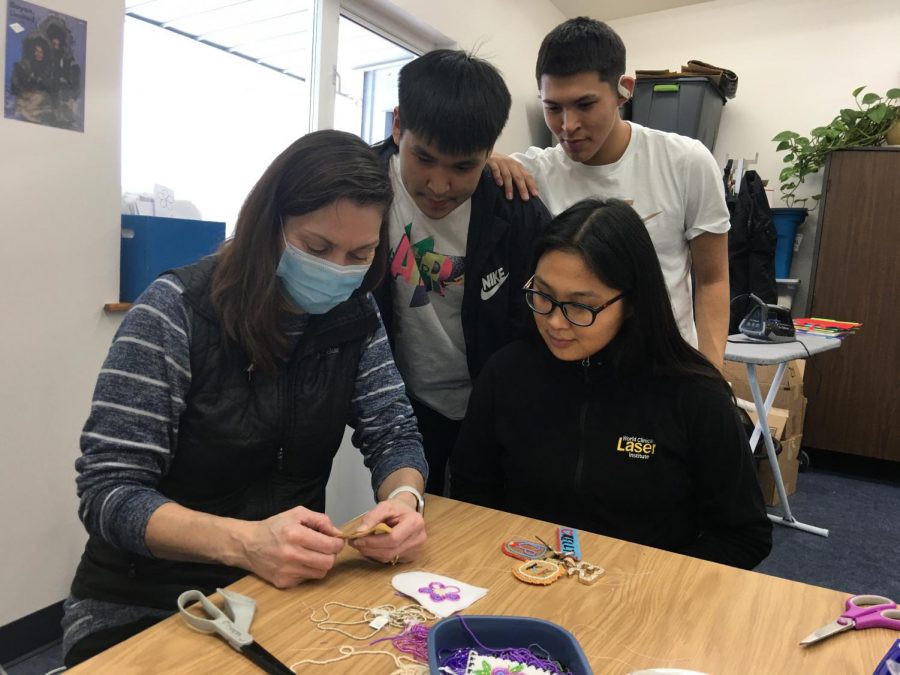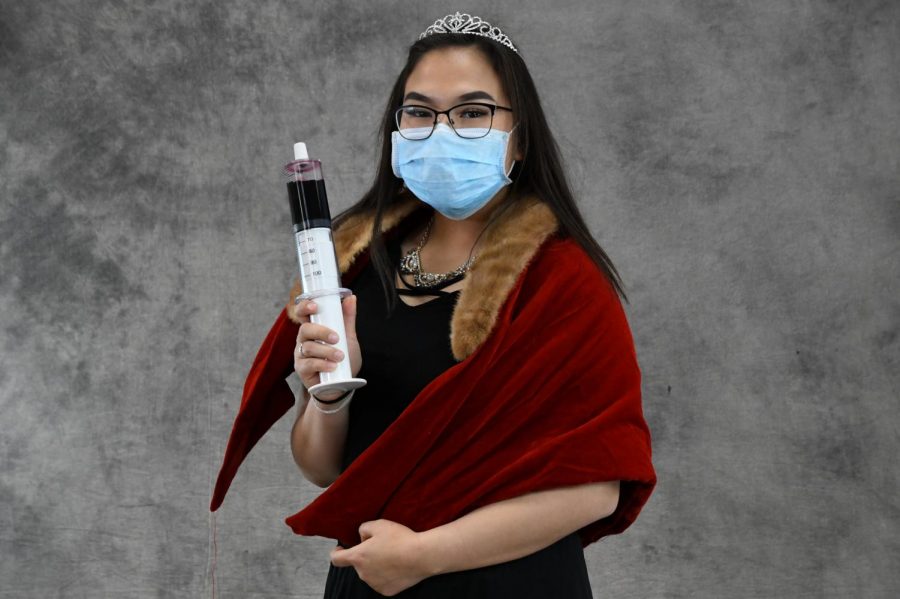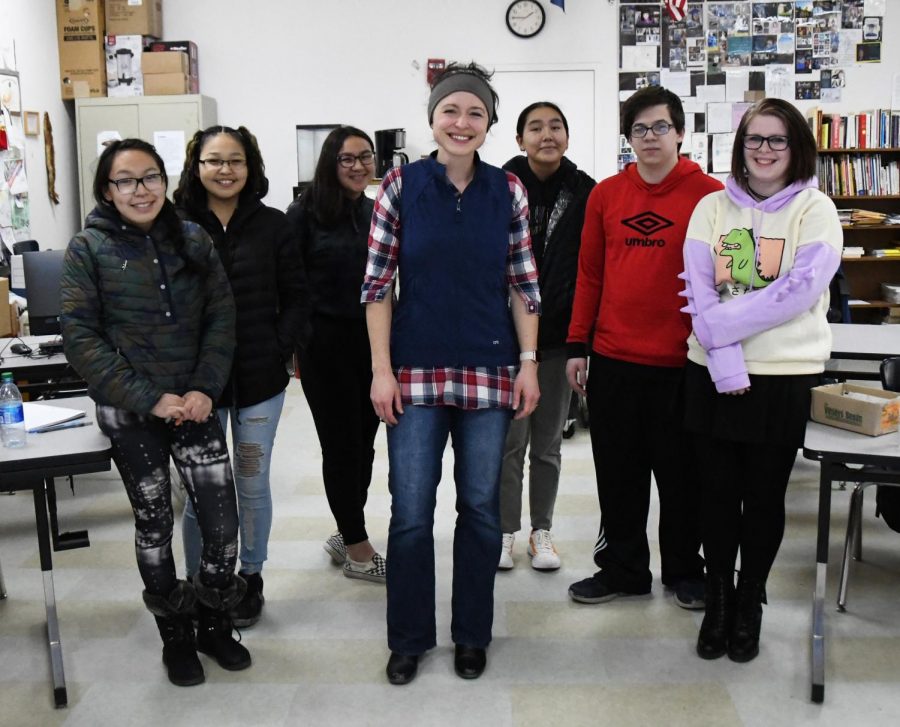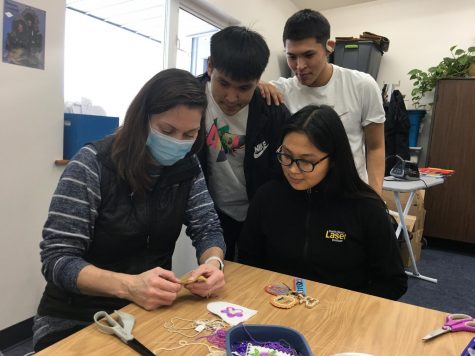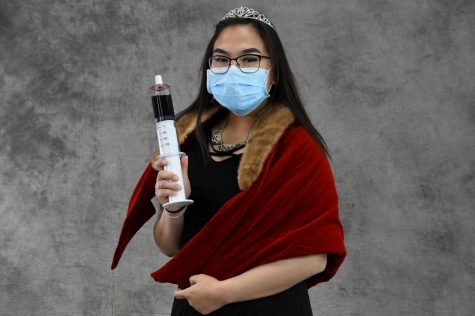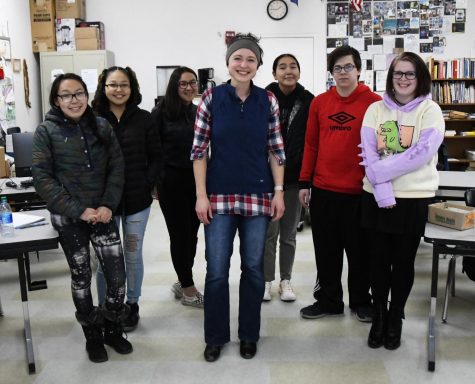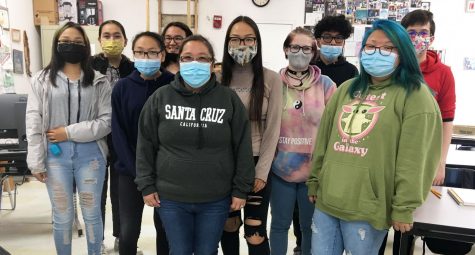Marijuana opinion among students unchanged after legalization

March 28, 2019
The opinions of students and staff about marijuana has not been changed by the legalization of weed in 2016.
The majority of the 14 students that we interviewed who supported the legalization of marijuana still support it. They said they didn’t see any differences following the legalization, and don’t think it should be recriminalized.
Two students we interviewed who didn’t support legalization said that teenagers smoking weed should be treated seriously. Six students had no opinion about marijuana.
““My coworkers and I see no change,” said John Riddle, principal at GILA. “If a student is caught with weed or that if a room smells like weed… everyone in the room is going to get in trouble.”
During the referendum to legalize marijuana in 2014, the Hawk Highlights surveyed student opinion about legalization. The newspaper asked 57 students about their opinion; 46 percent were in favor of legalization, 40 percent were against, and 14 percent had no opinion.
School staff and teachers were asked if they saw any differences before and after legalization.
“The effort on student discipline doesn’t change because the legal age for the use of marijuana is 21. No policies have changed,” said Richard Ramage, residence hall manager. “What remains the same concerning marijuana is that, our stance, it’s not allowed here for minors or in the residence hall.”
Those students who were in favor of legalization from the start said the change in the law hasn’t changed their opinions or attitudes. Those against legalization felt the same way.
“Smoking hurts people, it shouldn’t be taken lightly, and I think everyone has tried it which is sad,” said Carlee Merriner, 17, a junior from Galena.
GILA health careers teacher Carrie Given said that any use of marijuana by young people has damaging effects.
“Long term marijuana studies have been concluded in the last few months that indicate that marijuana permanently damages the developing brain,” she said. “This means for anyone under the age of about 25, when you smoke marijuana regularly you are impacting the brain and will never develop as completely or as well.
“Teenagers think they are invincible, and don’t think too far ahead, which makes them especially vulnerable to things like marijuana.”
Ballot Measure 2 legalizing the recreational use of marijuana was voted on in November 2014. The total amount for votes was 279,945; the majority of the 53.23 percent voted yes on recreational use of weed, and 46.77 were against legalization.
What hasn’t changed is the way the school enforces rules on marijuana use.
“Since the legalization of marijuana it is easily accessible and less expensive than it used to be for students,” said Mr. Riddle, the principal at GILA. “The thing that stays the same is the long term effects of not learning coping with sadness and disappointment without the use of a substance.”



